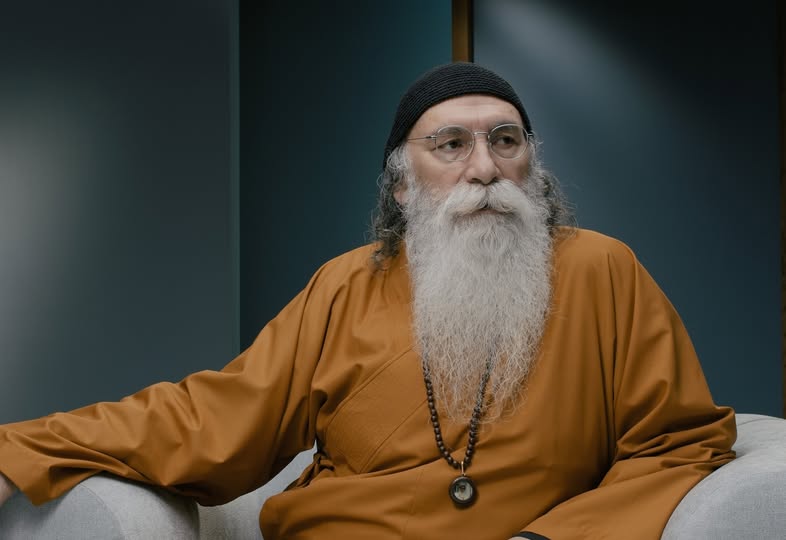“My dear friend, it is impossible to erase the past, but it can learn to stay in its place. Regrets are not punishments, they are signs. They come with the face of what you didn’t do or with the shadow of what you did wrong, but they are not there to torture you. They appear to remind you that you have changed, that you have grown, that you have evolved, that there is a consciousness within you that no longer lies dormant.
The pain they cause does not demand condemnation, it asks for understanding. It does not demand that you kneel before the irreparable, but that you look at what you have experienced head-on and ask yourself what you can do with it now. As Rilke wrote: “Perhaps everything terrible is, in its deepest essence, something that needs our love.” That includes your mistakes, your missteps, your hesitations, your old masks.
It is not about erasing the past or covering it up with falsehoods or decorating it with empty phrases. It is about looking at it as you would look at a scar: with respect, without shame, knowing that it hurt, but also that it healed. Mistakes do not deny or nullify you; they shape you, mold you. Remorse, when experienced with lucidity, transforms into clarity. Clarity can guide you more firmly than any success.
But none of this is possible without compassion. Without the ability to accept your fragility without turning it into an excuse, without pretending that you should have been perfect. Compassion is the highest form of love. Because it does not demand, compare, accuse, demand, or condemn. It only understands. It is not about resignation: it is about allowing yourself to grow without destroying yourself in the process. Being compassionate towards yourself is to stop demanding that you act like a god. It is to see yourself as a human being: limited, contradictory, fallible. And yet still worthy of love. Compassion does not negate responsibility; it transforms it. It does not free you from accountability, but it does free you from condemnation and futile punishment. And from that more serene, more authentic place, you can repair, learn, mature, and start again.
Zen teaches that true learning does not come from success, but from failure. Because only when you fail does the illusion of invulnerability collapse, and space opens up for humility. That humility is the threshold of all transformation.
Don’t talk harshly to yourself, don’t torture yourself. Don’t turn your life into a never-ending courtroom. What has been lived cannot be rewritten, but it can be reframed, understood. Learn. Forgive. Change. Evolve. That is enough. Life does not demand perfection, it demands presence. There is no past so shattered that it cannot be turned into wisdom. There is no mistake so big that it cannot teach you something important. Your failures are not your jail, they are not your prison; they are your raw material. And if you respond to them with compassion, they do not become chains, but pillars, foundations.
Remorse that transforms into awareness and embraces compassion stops hurting. It becomes a teacher. And a teacher does not chain you: it sets you free. For me, compassion is the only therapy that exists. There is no more precise word, no more effective and infallible medicine. Because when everything in you seems fragmented and fractured, when internal judgment becomes unbearable, compassion does not come to correct you: it comes to understand you. It does not come with reproaches, it comes with an embrace. It does not demand that you be someone else, it accompanies you in being yourself—with all your weight, with all your fear, with all your history.
It is compassion, not guilt, that heals you. Not out of indulgence, but out of truth. Because understanding mistakes from a place of love is infinitely more transformative than punishing them out of resentment, hatred, and contempt. What is repressed is repeated. What is observed with love and compassion dissolves.
Accepting your humanity is the first step to growth. And you cannot accept yourself without compassion, just as you cannot love another without having learned to hold on to your wounds. Only those who have walked through their own shadows without becoming their own enemies can look at others without expecting them to be perfect.
Compassion is just that: looking at weaknesses—yours and others’—and not turning them into a reason for distancing yourself, but rather an opportunity for connection.
Prabhuji




